Strengths and Weaknesses of Civil Society in Turkey
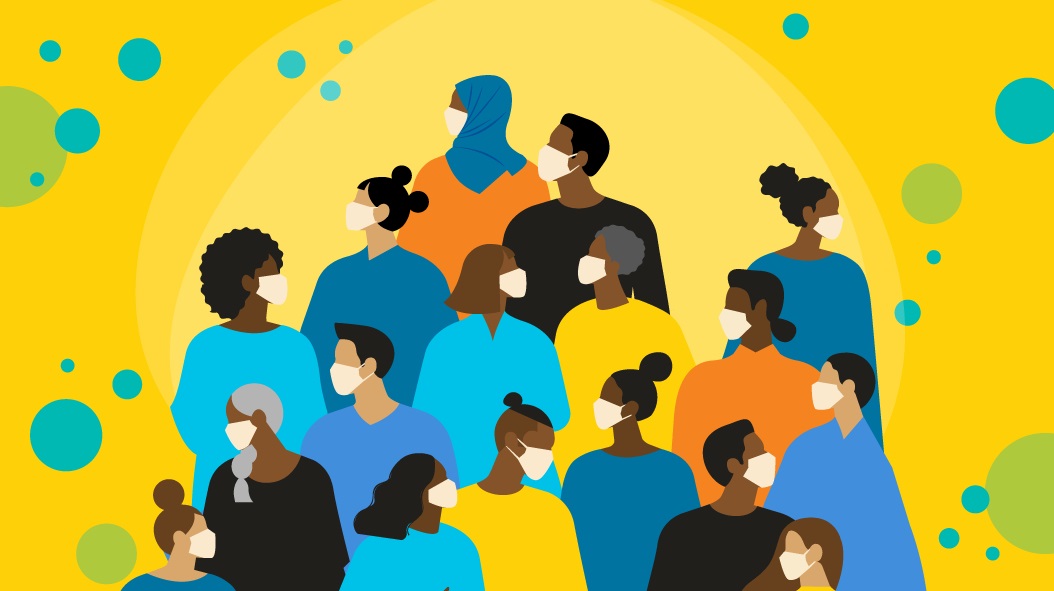
Civil Society Needs and Motivation Research, despite the civil society in Turkey has weaknesses such as unfavorable political environment, lack of capacity and resources, reveals that it has strengths in motivation, dynamism, and dedication.
Although it has a history of more than a century, it was possible for civil society in Turkey to expand its sphere of influence in the last quarter century. It can be said that the civil society movement diversifies and develops in proportion to the change and development of the political environment, socio-economic level of the society, demographic structure, democracy awareness, and integration with the global world.
In the qualitative phase of the Civil Society Needs and Motivation Survey conducted within the scope of the Future of Civil Society Project by the Civil Society and Media Studies Association, the strengths and weaknesses of civil society in Turkey were revealed, and the necessary steps to be taken for a more effective civil society. We have included the steps. The quantitative phase of the research also supports the views of civil society, academia, and opinion leaders. According to the research results, NGOs see themselves as less effective, active, and less interactive than in the past, but the conditions did not decrease motivation. Although those with medium and high levels of anxiety and stress reach 67.8% and 71.4%, this figure is still 91.9% in terms of motivation.
Civil society participants are still highly motivated, but there is a widespread sense of inadequacy in activity, effectiveness, and institutional capacity. The rate of those who think that activity is low and decreasing reaches 78.6% and 52.6%, respectively. Nearly 50% are pessimistic about institutional capacity, dialogue and cooperation, and effectiveness.
Strengths of Civil Society in Turkey
Although the ‘weaknesses’ have come to the fore in the research and publications carried out within the framework of the title at the center of our study, determining the existence of the ‘strengths’ will be the basis and encouragement for the steps to be taken forward.
Severity of Need
The low level of welfare and the falling behind the universal human rights standards in Turkey intensify the need for civil society activities. Every need leads to the emergence of new initiatives and organizations.
Variety and Diversity of Study Areas
The multitude of violations of rights, low level of welfare, needs in health, education and environmental issues, and problems based on gender roles diversify civil society activities and create the opportunity to appeal to all layers of society.
A Culture of Helping, Solidarity and Volunteering
The culture of cooperation, solidarity and volunteerism existing in the traditional codes of the society are crucial factors that increase participation in civil society activities. The donation culture fostered by the same codes constitutes an important financial (in-kind and cash) resource for civil society activities.
Stability, Resilience and Dynamism
The severity of the need and the elevated level of political awareness bring determination, resistance, and dynamism to the civil society actors. The limitation caused by the inadequacy of human and financial resources is relatively tolerated with the said determination, resistance, and dynamism.
Relations with the State
With the reforms made in the last quarter century, the way for the state to cooperate with non-governmental organizations has been paved, thus enabling non-governmental activities to produce relatively more efficient results both in the state mechanism and in the civil field.
Relations with the Private Sector
Despite the lack of private sector support in terms of both perspective and number, the existence of good examples is promising and encouraging for the future.
Dialogue, Quick Learning and Adaptability
Despite the tension in the social and political field, it can be said that the institutions with the highest potential to talk to the ‘other’ or to come into contact with the different are non-governmental organizations. In addition, it is observed that the ability to adapt to new technological opportunities, business models and positive/negative conditions is high.
Weaknesses of Civil Society in Turkey
It is a bare fact that the weaknesses of civil society, which has the capacity to develop by adapting to new needs and changing conditions, are more than its strengths. It can be said that part of this weakness is caused by non-governmental organizations, and partly by the attitude of the state and the constraints imposed by social codes.
Inadequacy of Institutional Structure
Civil society falls short of creating a sustainable institutional structure based on division of labor and sharing of duties and responsibilities. Although what is expected from non-governmental organizations based on volunteerism is not vertical but horizontal hierarchy, civil society in Turkey confines itself to a narrow area by producing its own bureaucracy and creating a vertical hierarchical structure.
Weak Democratic Consciousness
The problem of weak democratic consciousness in Turkish society also manifests itself in civil society. Freedom of thought and expression is restricted in the in-house structure, channels of dialogue with external actors cannot be kept open enough, and a ground for consultation cannot be built. As a result, local and global collaborations cannot be made and benefiting from different knowledge and experience is blocked.
Weakness of Public Perception and Public Support
In particular, non-governmental organizations working in the field of rights violations are labeled with ideological engagements by the broad public, they are seen as the ‘trojan horse’ of ‘foreign powers’. The discourse and actions of non-governmental organizations are as effective as social polarization in this. Non-governmental organizations focus on narrow, regional problems, often fail to form strong networks within themselves and do not receive sufficient public support.
Insufficient Human Resources and Financial Constraints
Except for a few good examples, civil society in Turkey has difficulties in accessing adequate financial support. This makes it difficult to employ qualified and sufficient human resources. Although resources from abroad, such as EU funds, are a lifeline, the negative social perception created by the government turns these funds into propaganda material against civil society. Again, in this context, another issue that needs attention is the problem of young volunteers/interns. Young volunteers/interns, who are already insufficient in number, are either harassed by excessive workload or are rendered dysfunctional by not being given any work, and their integration into civil society is prevented. Financial resource constraints cause difficulties in providing qualified human resource employment and sustainability. Another capacity problem is related to the quality of the outputs produced, as well as the deficiencies in making these outputs accessible to decision makers and making them visible.
Shrinking Civil Space
The state, which restricts the right to demonstrate and march for numerous benefits, uses excessive force, and keeps civil society under its control through arbitrary inspections, is damaging the trust it should have with civil society. It prevents the impact of the outputs of non-governmental organizations on the law and policy-making mechanism, thus slowing down the development of civil society. As another result of this attitude, non-governmental organizations that get along well with the government are favored in the use of resources and voice, while organizations that oppose government policies are punished with deprivation. The favored non-governmental organizations come under the control of the government and move away from their original mission.
Lack of Transparency and Accountability
Civil society organizations that are imprisoned in identity politics, which give the image of a closed organization or already are, are moving away from transparency and accountability, and therefore from the notion of civil society. As a result, intra-organizational conflicts occur, and divisions occur. Another negative effect of the said weakness is that the trust in civil society is broken or damaged.
Advice and Solution Suggestions
What needs to be done for a strong and stable civil society capable of influencing and transforming society and the state and solving problems can be listed as follows:
- Internalization of democratic culture.
- Strengthening the institutional structure with professional support.
- Making scientific methods of data collection and evaluation processes, employing qualified human resources to do this.
- Reproduction of financial resources and efficient and transparent use of existing resources.
- Keeping the channels of dialogue open and interacting with the society, the state, the ‘other’ and other organizations, establishing mutual trust.
- Abandoning identity politics, acting like a political party, and vertical hierarchy.
- Establishing an equal relationship with the government, avoiding the hegemony of power.
- Protection of independence against political, economic, and cultural power centers.
- Making maximum use of new opportunities brought by technology and digital media.




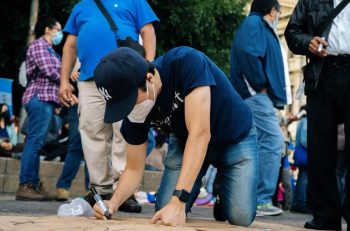
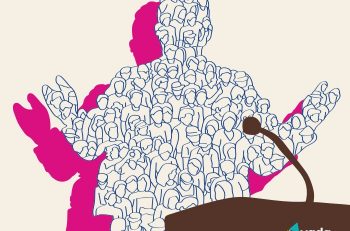
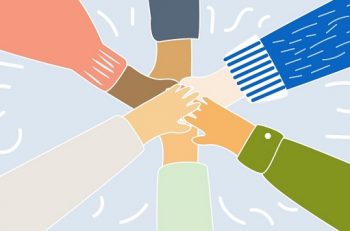
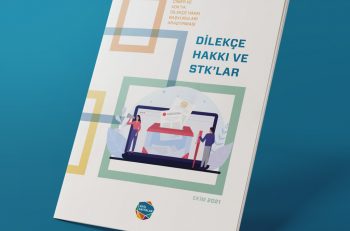
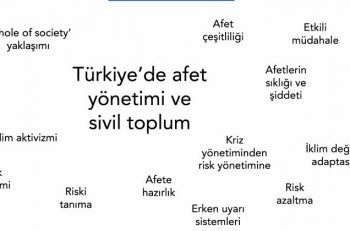



Bizi Takip Edin